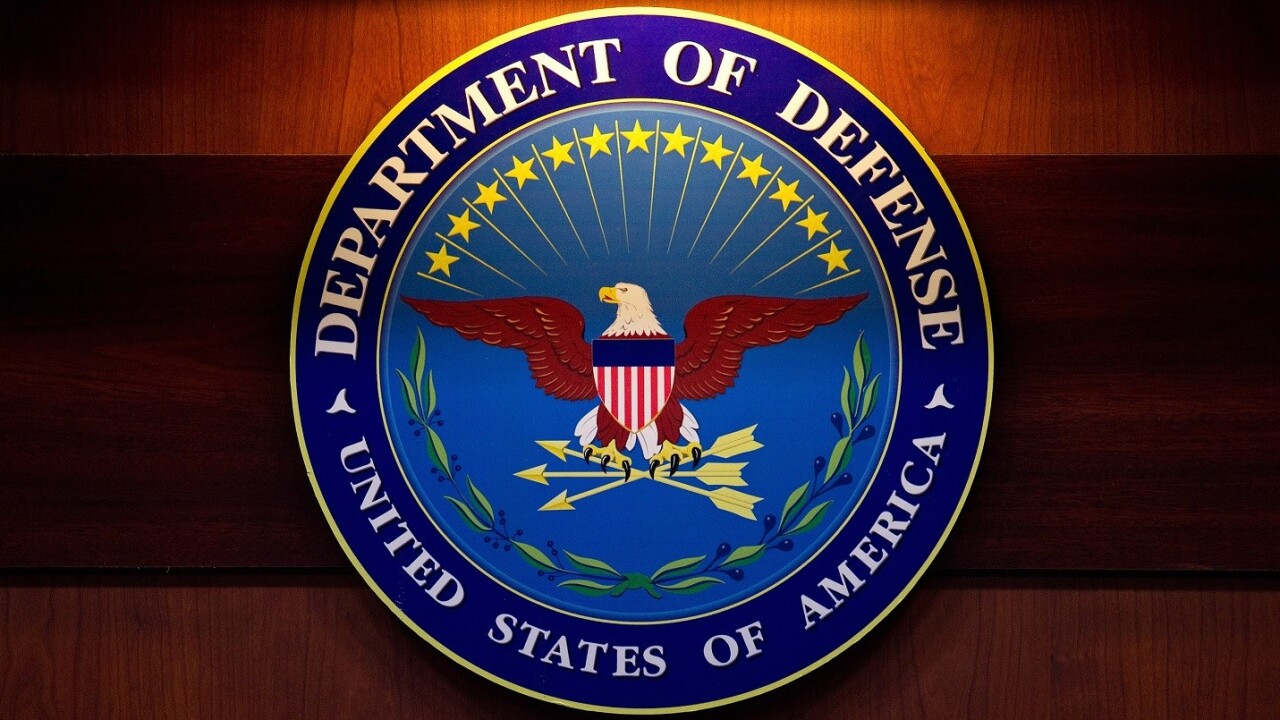
A pair of military experts recently penned an article with a simple warning to the Pentagon: winter is coming.
In this case, said winter is an artificial intelligence winter, and said AI winter is an artificial AI winter.
To put it another way: the Pentagon’s shooting itself in the foot while everyone else is aiming down-range.
[Read: Judge says Amazon suit alleging Trump interfered in Project JEDI can go ahead]
The gist: The authors of the article are Marc Losito and John Anderson, a pair of military experts (the former’s a career Special Forces soldier currently on active duty and the latter’s a reserve officer who specializes in applying AI and machine learning to military applications). They believe that the Pentagon’s guilty of believing too much hype when it comes to AI.
Per the article:
The department’s frenzy for AI is distracting it from underlying issues preventing operationalization of AI at scale. When these efforts fail to meet expectations, the sugar rush will collapse into despair.
The resultant feedback loop will deprioritize and defund AI as a critical weapon system. This is known as an ‘AI winter.’
Background: The big idea here is that the Pentagon’s always invested in military technology research and development. These experts aren’t asking the government to stop, they’re warning the government against treating AI like any other technology.
The writers warn that the US has been here before when it comes to AI. After WWII, for example, US military leaders were pretty high on the idea of replacing soldiers with machines that could fight for themselves. In retrospect it’s easy to demonstrate that computer technology wasn’t nearly advanced enough to pull off robust autonomous combat units beyond experimental toys.
The problem: The calculus has changed. The Pentagon is no longer viewing AI in narrow, project-specific terms. It’s going all-in on AI as a method to revolutionize the way we fight wars.
As history has taught us, the most revolutionary war tools are seldom developed during times of peaceful discovery. They’re usually forged in the fires of necessity.
The warning: The experts don’t appear to be concerned with the surface risks of budget misappropriation or the government simply being duped by bad actors selling them overhyped AI systems. They’re more worried about the existential threat of the US military losing its taste for AI once all the junk it’s paid for doesn’t pan out.
These experts appear to be warning us that the US isn’t properly testing and vetting these programs against the real-world needs of boots-on-the-ground assets in the ever-evolving battlespace.
Per the article:
The Department of Defense is at a tipping point when it comes to AI. In 2025 we will either be hearing more platitudes from the department about how great AI could be or real substantive feedback from commanders on the battlefield about how great it actually is.
Quick take: What’s the worst that could happen? Whiplash. The experts fear the response to the Pentagon’s failure to deliver on its hyperbolic promises for the future of AI in warfare will cause military leadership to lose faith in its own programs.
An over-correction like that could indeed cause an AI winter for the US while everyone else enjoys what the authors refer to as an AI spring.
Get the TNW newsletter
Get the most important tech news in your inbox each week.




